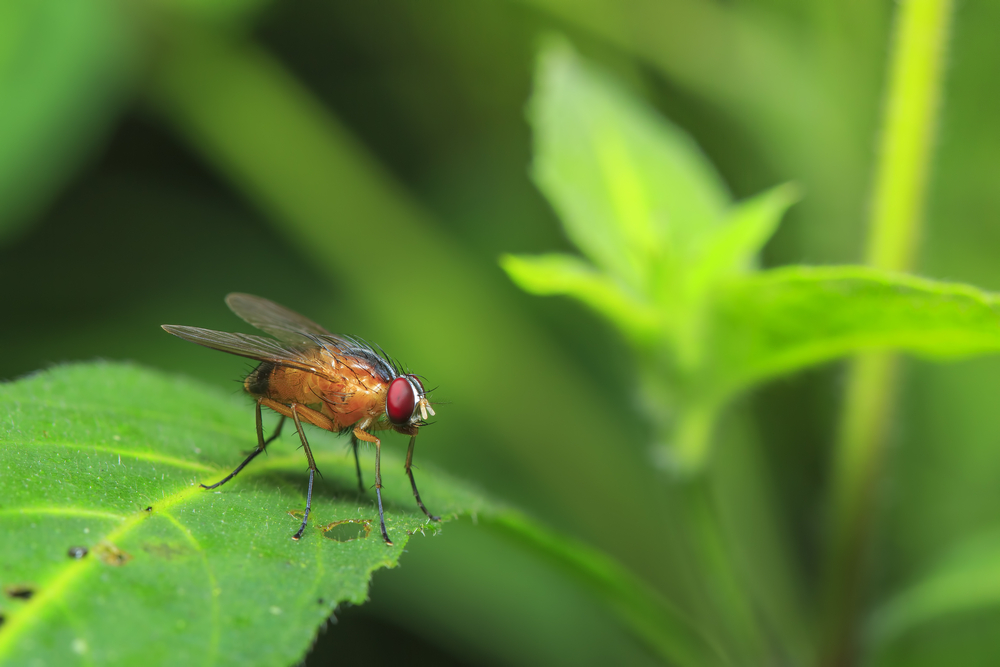
Obese fruit flies teach scientists about cold tolerance
Researchers from the German Cancer Research Center have turned to an unusual source for information about human metabolism and cold tolerance: obese fruit flies.
While the little insects carry extra weight differently than humans do – they do have an exoskeleton, after all – they share a genetic marker with humans called THADA. The gene helps the flies burn fat, and is also one of the key genetic markers that varies between people from the Arctic and tropical populations.
When the researchers knocked out the gene in the insects, they ended up with obese fruit flies that burn less energy.
The gene may offer a clue as to how human populations in northern latitudes have faster metabolisms than those in tropical regions.
Those in colder climes often have the THADA gene, while tropical populations generally don’t, the scientists said.
“When you remove THADA, then the cells store more fat and produce less heat. When you restore THADA function, the cells store less fat and burn more energy,” Dr. Aurelio Teleman, a study co-author, said in a press release. “It’s a metabolic regulator that affects the balance between how much energy your body turns into fat versus how much of it gets burned.”
The researchers tested the flies’ ability to tolerate cold using a walk-in refrigerator. The obese fruit flies took longer to recover from freezing temperatures than the flies with their THADA gene intact.
“We suspected that fatter animals would have better insulation and be more resistant to the cold, but in this case, they were more sensitive to cold,” co-author Dr. Alexandra Moraru said.
Though humans and fruit flies are different, the study reinforces observations about obesity and metabolism in human communities. In colder climates where the THADA gene is more common, the faster metabolism linked to it helps to keep cells warmer and better resist the cold. In tropical locales, where keeping warm isn’t an issue, faster metabolism isn’t as important for survival.
When the scientists restored the obese fruit flies’ THADA or added human THADA to their genomes, they regained their faster metabolism.
That indicates that the THADA gene plays a role in regulating metabolism in both humans and fruit flies, the researchers said.
“All the hints are there that THADA will probably be an important metabolic regulator in mammals as well,” Teleman said.
The team will now work with another group of researchers in the UK to study how the THADA gene is expressed in mice.
The study is published in the journal Developmental Cell. It was funded by the Deutsche Krebshilfe and the Deutsche Forschungsgemeinschaft SFB1118.
—
By Kyla Cathey, Earth.com Staff Writer













